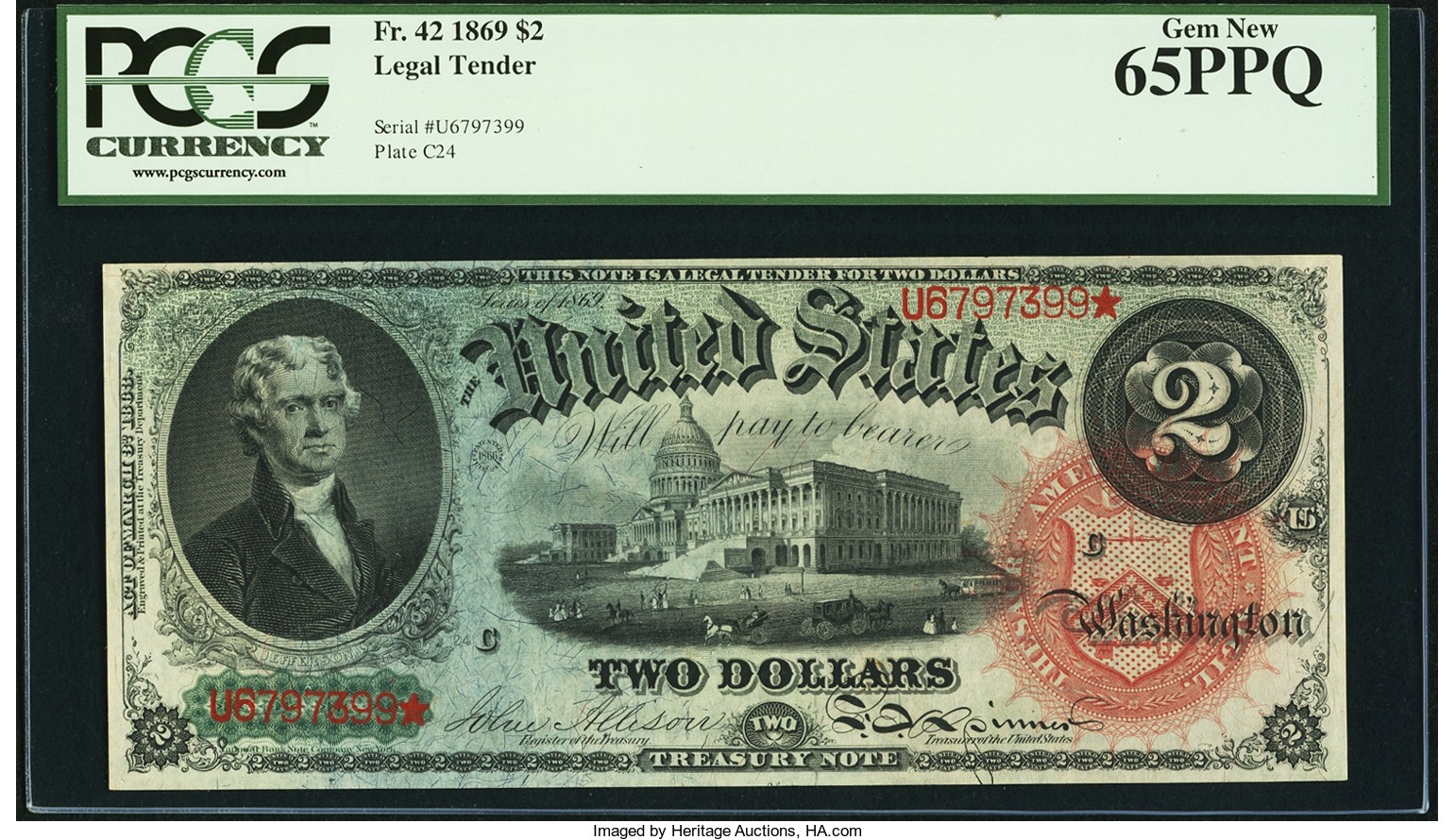
By Jim O’Neal
George Washington died in December 1799 at age 67 and numerous writers sensed an opportunity to record the details of his life. One of the first to get a publisher’s approval was an itinerant book peddler and Episcopal priest by the name of Mason L. Weems.
He rushed out The Life of Washington in pamphlet form in mid-January 1800. In that and succeeding volumes, he began manufacturing enduring myths regarding Washington, including the famous “chopping down the cherry tree.” In Weems’ version, 6-year-old George told his father “I cannot tell a lie, I used my little hatchet to cut it down.”
Generations of schoolboys (including me) were taught about the virtues of truth using this delightful little parable. However, there was one man who caught President Washington in an embarrassing lie.
The story begins with a dinner hosted by Thomas Jefferson for Alexander Hamilton and James Madison to resolve two thorny issues being debated. The first was the permanent site for the capital. The second was Hamilton’s insistence on the federal government assuming all the states’ debts from the Revolutionary War.
Jefferson and Madison finally agreed to passage of the debt assumption bill. In return, Hamilton promised to lobby the Pennsylvania delegation to endorse Philadelphia as the temporary capital and a site on the Potomac as the final.
Congress passed the Residence Act, which approved Philly as the capital for 10 years and then a permanent home on a 10-mile-square federal district on the Potomac near Mount Vernon.
When the capital moved to Philadelphia, Washington decided to bring his favorite chef from Mount Vernon, the slave Hercules, who ran an immaculate kitchen. The handsome and talented Hercules had a lot of freedom in Philly and plenty of cash from selling the food left over from presidential dinners.
However, Attorney General Edmund Randolph startled Washington when he told him that under Pennsylvania law, any adult slave residing for six consecutive months was automatically a free person.
So George sent Martha back to Mount Vernon before six months lapsed and told Hercules he wanted him to accompany her to be sure she was well cared for. Hercules became enraged since he was well aware of the law. He was also angered because he was so loyal to the family and this ploy questioned his integrity and fidelity.
He was so sincere that he was allowed to stay in Philadelphia and thus became the only man known to be lied to by George Washington!
P.S. Hercules took advantage of the law and secured his freedom, permanently.
 Intelligent Collector blogger JIM O’NEAL is an avid collector and history buff. He is President and CEO of Frito-Lay International [retired] and earlier served as Chairman and CEO of PepsiCo Restaurants International [KFC Pizza Hut and Taco Bell].
Intelligent Collector blogger JIM O’NEAL is an avid collector and history buff. He is President and CEO of Frito-Lay International [retired] and earlier served as Chairman and CEO of PepsiCo Restaurants International [KFC Pizza Hut and Taco Bell].
